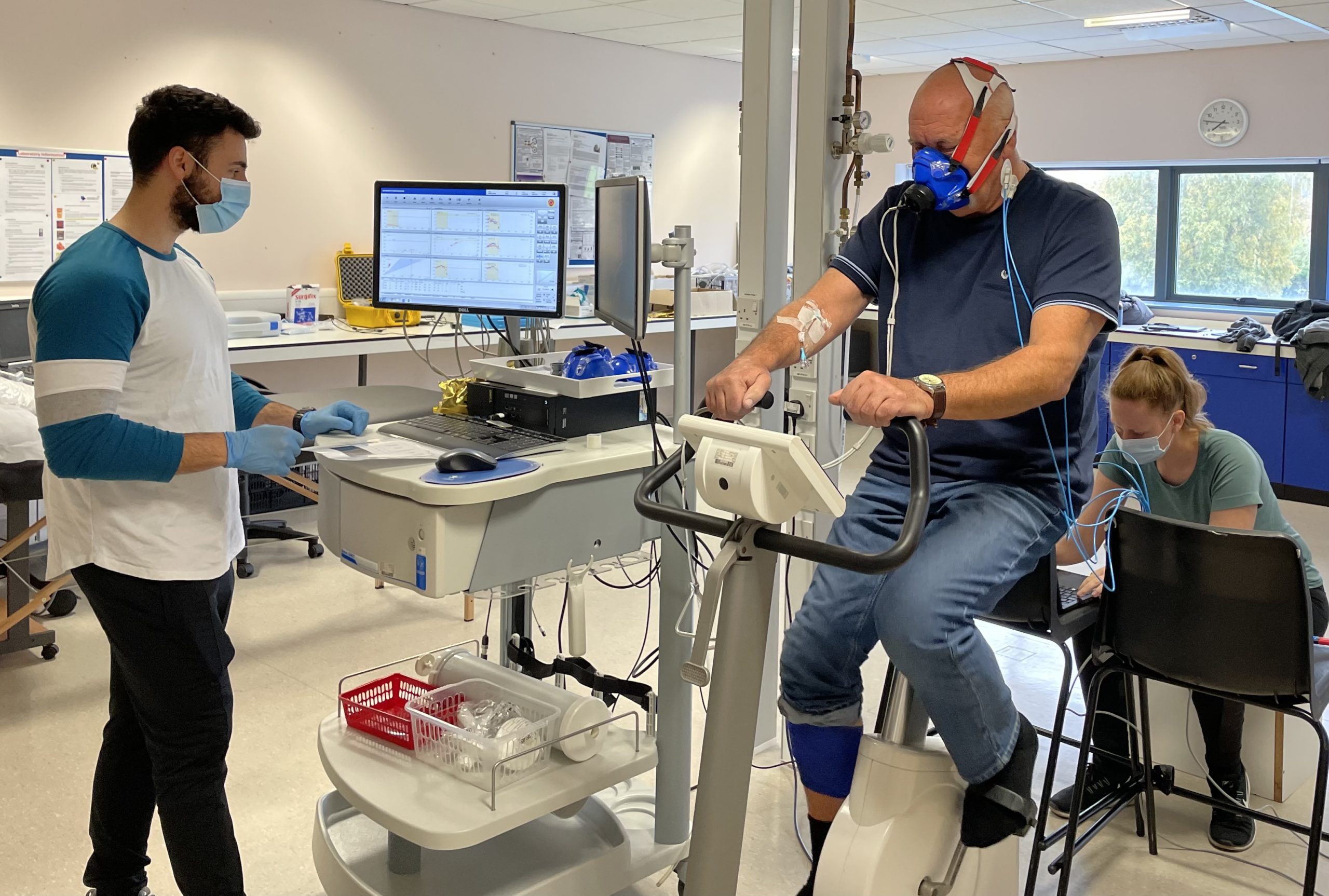Drinking ketones improves heart health, study finds

A drink containing ketones could be the key to improving heart health in people with type 2 diabetes, according to groundbreaking research from British scientists.
In a study published Wednesday in the Journal of Applied Physiology, researchers at the University of Portsmouth found that consuming ketone esters — supplements that induce ketosis — enhanced cardiac efficiency in all 13 participants tested.
“We saw an improvement in cardiac efficiency after the participants had the drink with ketones, compared to a placebo drink,” said lead researcher Dr. Maria Perissiou of the university’s School of Psychology, Sport and Health Sciences.
The finding builds on previous observations that certain diabetes medications unexpectedly reduced deaths from cardiovascular disease while lowering blood sugar levels.
Using non-invasive monitoring techniques, researchers measured participants’ heart function 30 minutes after consuming either a ketone-enriched drink or a placebo. The testing included ECG-like monitoring, ultrasound assessment of blood vessels, and infrared spectroscopy to evaluate blood flow.
The results showed hearts worked more efficiently both at rest and during moderate exercise after participants consumed the ketone drink.
For diabetics, whose hearts typically rely on fatty acids for fuel due to insulin resistance, the findings could be particularly significant. “Their hearts are gradually working harder and harder, which means they’re at risk of dying from different cardiovascular diseases,” Perissiou explained.
While promising, researchers caution that the study only examined immediate effects. “We have no idea what the chronic impact of drinking ketones would be,” Perissiou said.
The research stemmed from observations about a diabetes drug called SGLT2i, which appeared to protect heart health while controlling blood sugar. Scientists hypothesized the drug’s cardiac benefits might be linked to ketosis — when the body burns fats instead of carbohydrates for energy.
For the millions living with type 2 diabetes, the research offers a potential new avenue for cardiac protection, though larger and longer-term studies will be needed to confirm the findings.



